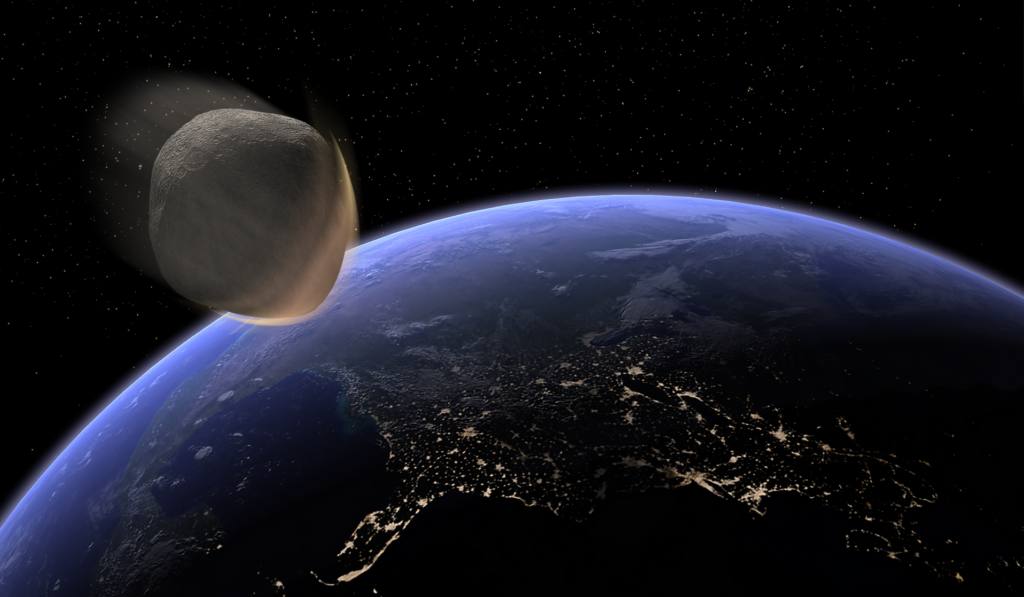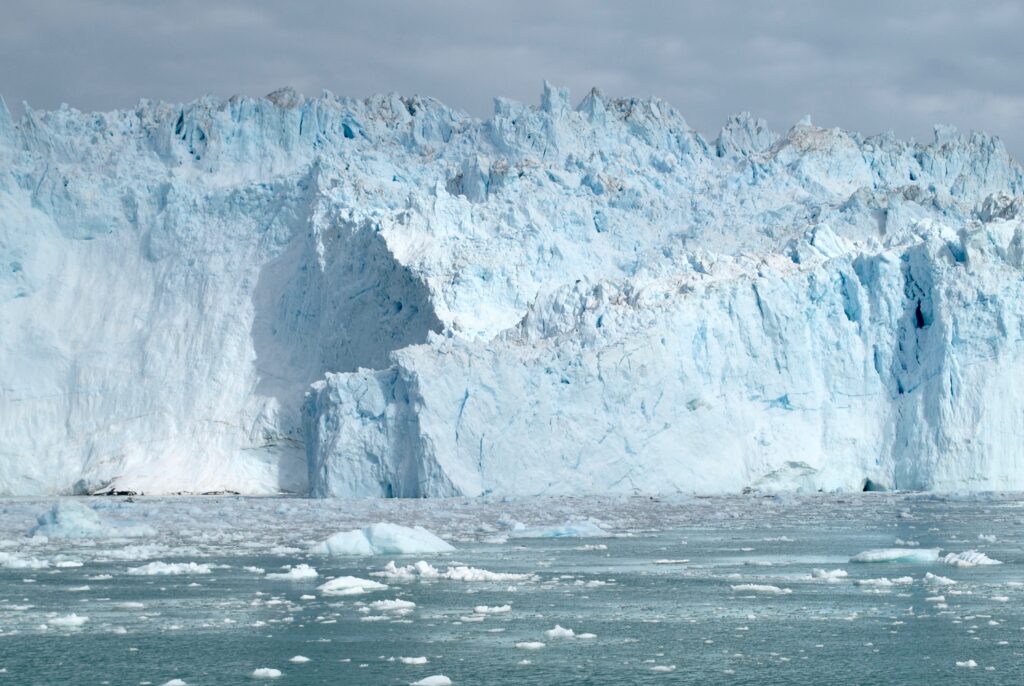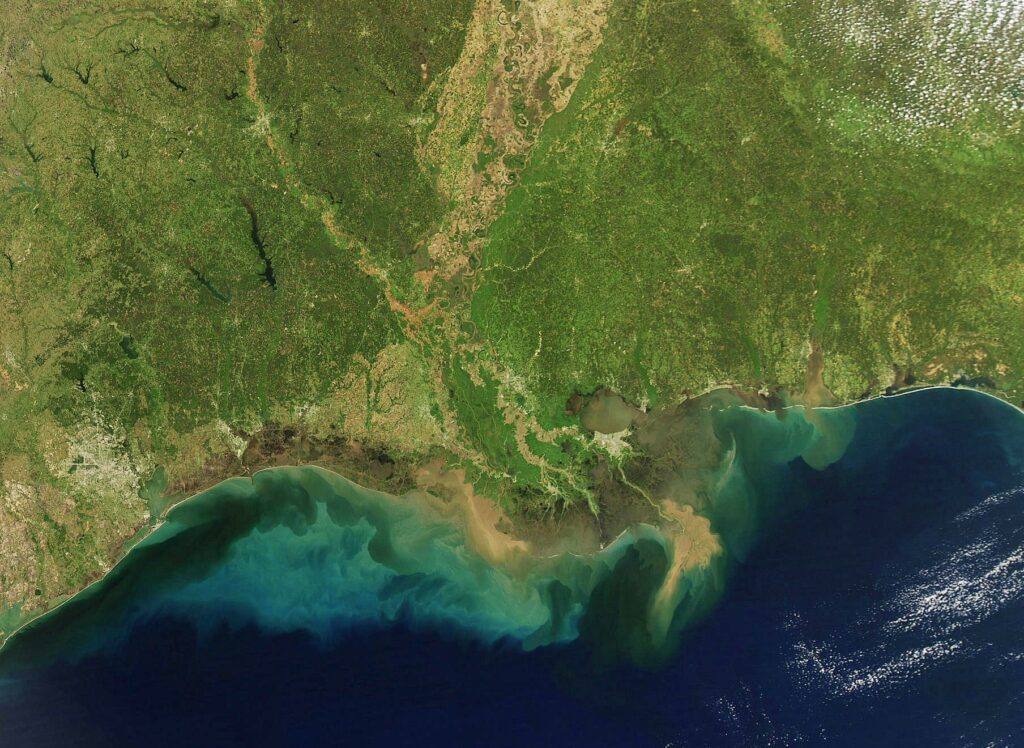« Events August 26, 2022 at 10:30am CT Speaker: Enze Zhang, Postdoctoral Fellow, University of Texas Institute for Geophysics Host: Ginny Catania Title: Automate Glacier Terminus Picking from Big Data based on Deep Learning Abstract: Ice sheet marine margins via outlet glaciers are susceptible to climate change and are expected to respond through retreat, steepening,… Continue Reading UTIG Seminar Series: Enze Zhang, University of Texas Institute for Geophysics
2022 in Review
2022 was another great year for research at the University of Texas Institute for Geophysics. Take a look at the research, pursuits and achievements you may have missed.
Mystery crater potentially caused by relative of dinosaur-killing asteroid
Originally published in The Conversation. The ocean floor is famously less explored than the surface of Mars. And when our team of scientists recently mapped the seabed, and ancient sediments beneath, we discovered what looks like an asteroid impact crater. Continue Reading Mystery crater potentially caused by relative of dinosaur-killing asteroid
Underwater Snow Gives Clues About Europa’s Icy Shell
Below Europa’s thick icy crust is a massive, global ocean where the snow floats upwards onto inverted ice peaks and submerged ravines. The bizarre underwater snow is known to occur below ice shelves on Earth, but a new study shows that the same is likely true for Jupiter’s moon, where it may play a role… Continue Reading Underwater Snow Gives Clues About Europa’s Icy Shell
Coastal Glacier Retreat Linked to Climate Change
More of the world’s coastal glaciers are melting faster than ever, but exactly what’s triggering the large-scale retreat has been difficult to pin down because of natural fluctuations in the glaciers’ surroundings. Now, researchers at the University of Texas Institute for Geophysics (UTIG) and Georgia Institute of Technology have developed a methodology that they think… Continue Reading Coastal Glacier Retreat Linked to Climate Change
Research Shows How Gulf of Mexico Escaped Ancient Mass Extinction
An ancient bout of global warming 56 million years ago that acidified oceans and wiped-out marine life had a milder effect in the Gulf of Mexico, where life was sheltered by the basin’s unique geology – according to research by the University of Texas Institute for Geophysics (UTIG). Published in the journal Marine and Petroleum… Continue Reading Research Shows How Gulf of Mexico Escaped Ancient Mass Extinction





